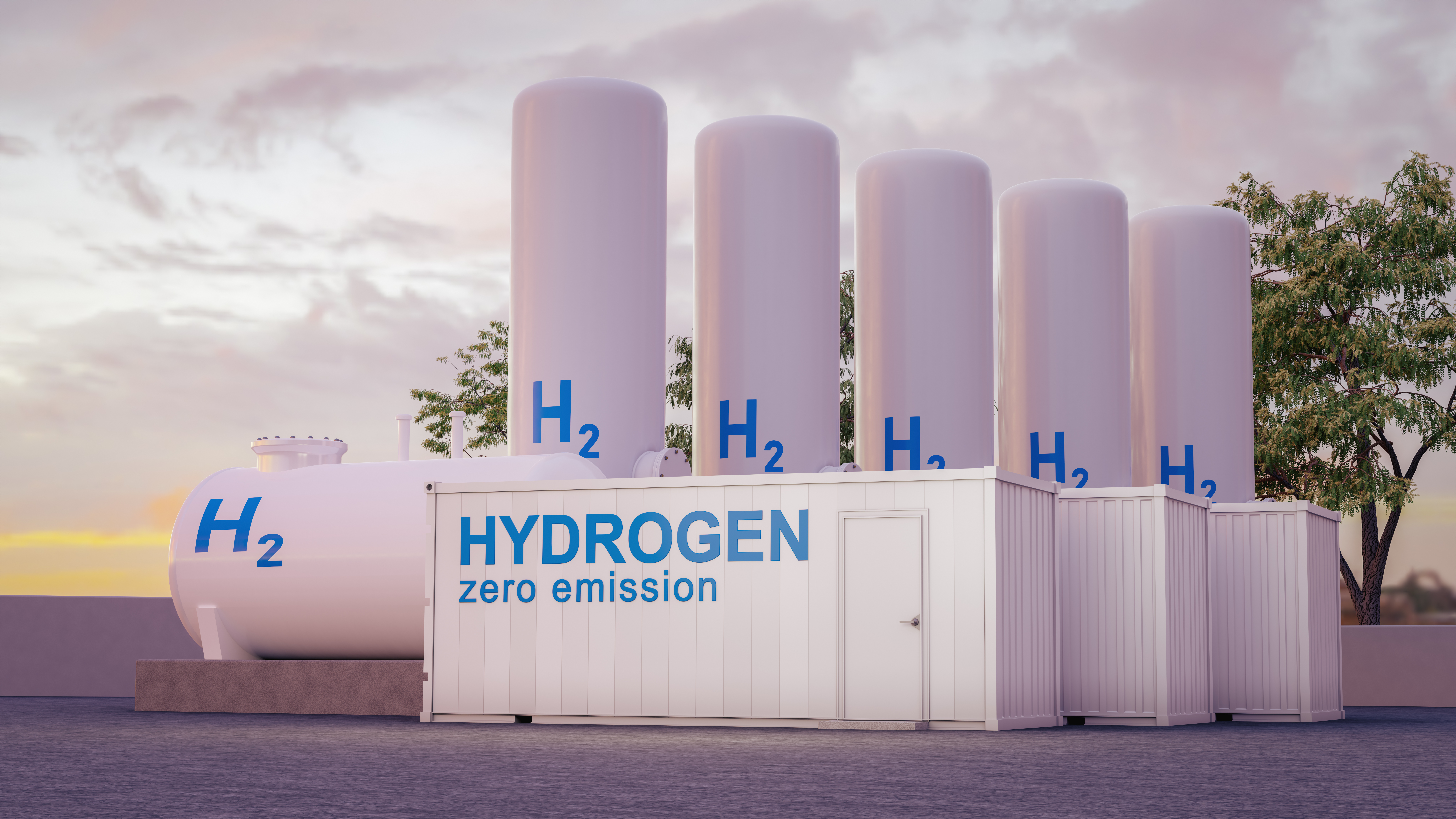You’ve heard a lot of hype around hydrogen as an emerging energy source. But do you know how companies like Airbus Protect are working to mitigate safety and security risks in this sector? Pierre Sécher explains.
Europe’s hydrogen sector is developing fast. Largescale production will soon become a reality and new use cases are being developed, encouraged by many European governments. France’s recent Territorial Hydrogen Ecosystems competition is just one example of a state-sponsored initiative that offers financial incentives for the development of hydrogen vehicles or production and distribution facilities.
Hydrogen safety is a priority
Various studies (including the French government’s PCAET workshops) have demonstrated that the public view of hydrogen as an energy source is generally favourable. However, there’s one sticking point – hydrogen safety. Given the high combustibility of the gas, public concerns around its safety remain high.
For hydrogen to play a key role in the energy transition, it’s crucial to address these concerns by prioritising the safety and reliability of the systems and infrastructure used for hydrogen production, storage, transportation and use. This is where Airbus Protect comes in.
Our team of hydrogen experts has a twofold mission. The first part revolves around risk assessment through research, consultancy and training. This concerns both the safety and security of hydrogen projects, but also their environmental impact. The importance of this cannot be overstated.
The second part hinges on using information gathered to optimise the performance of hydrogen systems and projects, particularly around operational availability. This involves system engineering services and reliability and maintenance studies. Although much of this work is highly technical, it also considers human factors, like working environments in hydrogen production facilities.
Obviously, when it comes to optimisation, the sky is the limit! So, our services typically take a ‘design to cost’ approach that maximises value from clients’ existing budgets.
Mission ZEROe
As a subsidiary of Airbus, aeronautics and aviation are in Airbus Protect’s DNA. Currently, our teams are working on the company’s flagship zero emissions hydrogen aircraft (ZEROe) initiative, spanning safety, cybersecurity and sustainability activities.
Creating the world’s first ZeroE aircraft powered by liquified hydrogen means rethinking much of what we know about aircraft design and safety. Airbus Protect’s experts are playing a pivotal role in the risk and reliability analyses that will enable the first hydrogen aircraft to obtain an airworthiness certificate. After all, this is completely uncharted territory!
Beyond hydrogen aircraft – our transferrable skills
When it comes to safety, the sky-high standards set by the aviation sector often trickle down into other industries over time. Hydrogen safety is no different. For instance, carrying out risk and reliability analyses early in the design process is an aeronautics industry practice that Airbus Protect wants to bring other projects in the hydrogen sector.
Outside of aviation, Airbus Protect’s hydrogen projects fall into three key areas. The first is hydrogen mobility – railway, automotive and urban transportation. Our experts are already working to solve cybersecurity issues for future autonomous trains and conducting industrial risk studies for hydrogen bus depots.
The second is the industrial sector, which uses hydrogen to make its processes less carbon intensive. Currently, Airbus Protect is helping businesses conduct environmental impact studies and comply with the French ICPE regulations.
Last, but certainly not least, Airbus Protect is working directly with producers and transporters of hydrogen in the energy sector – both gaseous and liquified. We’re involved with industrial complexes for massive hydrogen production and also with smaller players distributing to the end user.
Regardless of the sector, our teams work hard to understand our customers’ industrial systems and processes, creating highly personalised technical and organisational risk control measures adapted to their unique challenges, while fulfilling regulatory requirements.
A booming sector
To accommodate the hydrogen boom, Airbus Protect is growing its pan-European team of aeronautics, transport, defence, chemical and energy experts. In particular, we’re recruiting for roles in risk management, sustainable development and cybersecurity. With offices around the major industrial basins of France, Germany, the UK and Spain, we aim to meet customers wherever they are.
At the same time, we’re developing our automation and artificial intelligence capabilities with a dedicated team of data scientists. We aim to create personalised digital solutions that solve customers’ existing problems, but also enhance their capabilities in ways they hadn’t even imagined! One example of this is an industrial risk management platform that can be used by a network of industrial facilities, such as hydrogen production and distribution units.
The bottom line?
There’s no denying that hydrogen’s star is rising. But just like the electricity grid, any breakdown – either accidental or malicious – could have major economic consequences in future. To ensure hydrogen’s long-term trust and viability, we must secure every link in the value chain as soon as possible. The best way to do this is at a supply chain level.
Learn more about Airbus Protect’s hydrogen services.
 Sustainability
Sustainability 



